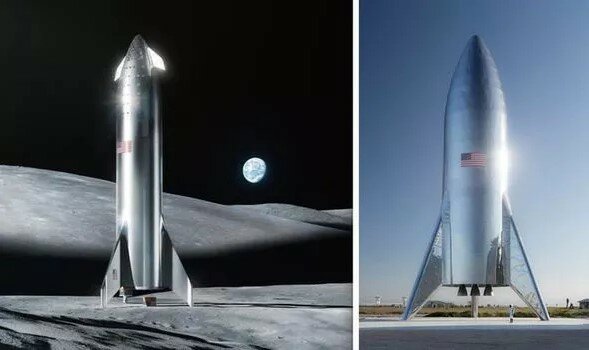AN OPEN LETTER FROM THE EXECUTIVE SECRETARY OF THE BIS
TO THE MEMBERSHIP
You will have read in the March 2011 edition of Spaceflight that
the Society has reached a turning point in its history. The
direction we take at this crossroads will decide the Society’s
future, or perhaps more aptly whether the Society has a future
at all. One direction leads to the continuation of the BIS as a
guiding force in the world of astronautics; the other leads to the
winding-up of the BIS, or at best to a scaled down and much
less influential version of the Society to which you belong.
Which direction we take very much now depends on you. It is
no longer enough just to be a member of the British
Interplanetary Society. What we need now is your active
participation and support. Without this the Society will close
within 12 months.
Well, that would suck.
TO THE MEMBERSHIP
You will have read in the March 2011 edition of Spaceflight that
the Society has reached a turning point in its history. The
direction we take at this crossroads will decide the Society’s
future, or perhaps more aptly whether the Society has a future
at all. One direction leads to the continuation of the BIS as a
guiding force in the world of astronautics; the other leads to the
winding-up of the BIS, or at best to a scaled down and much
less influential version of the Society to which you belong.
Which direction we take very much now depends on you. It is
no longer enough just to be a member of the British
Interplanetary Society. What we need now is your active
participation and support. Without this the Society will close
within 12 months.
Well, that would suck.

